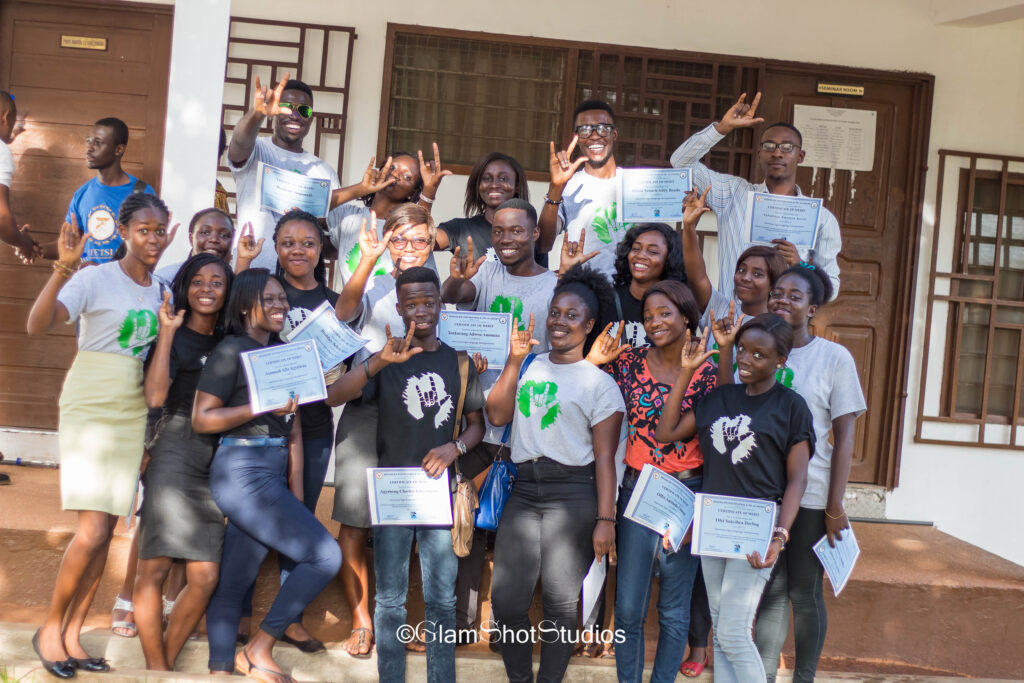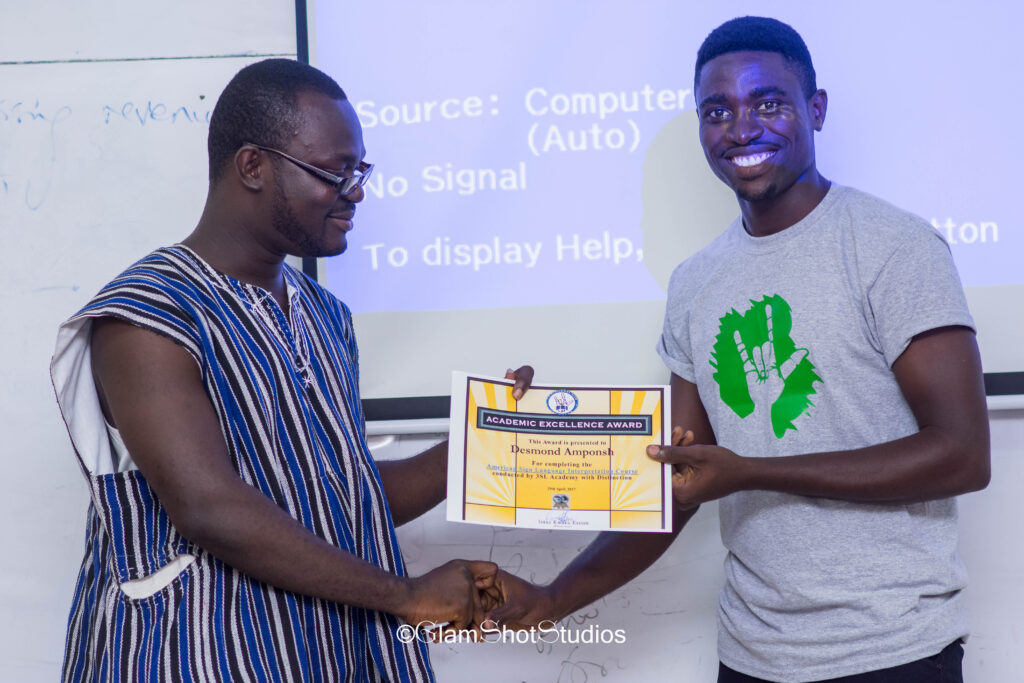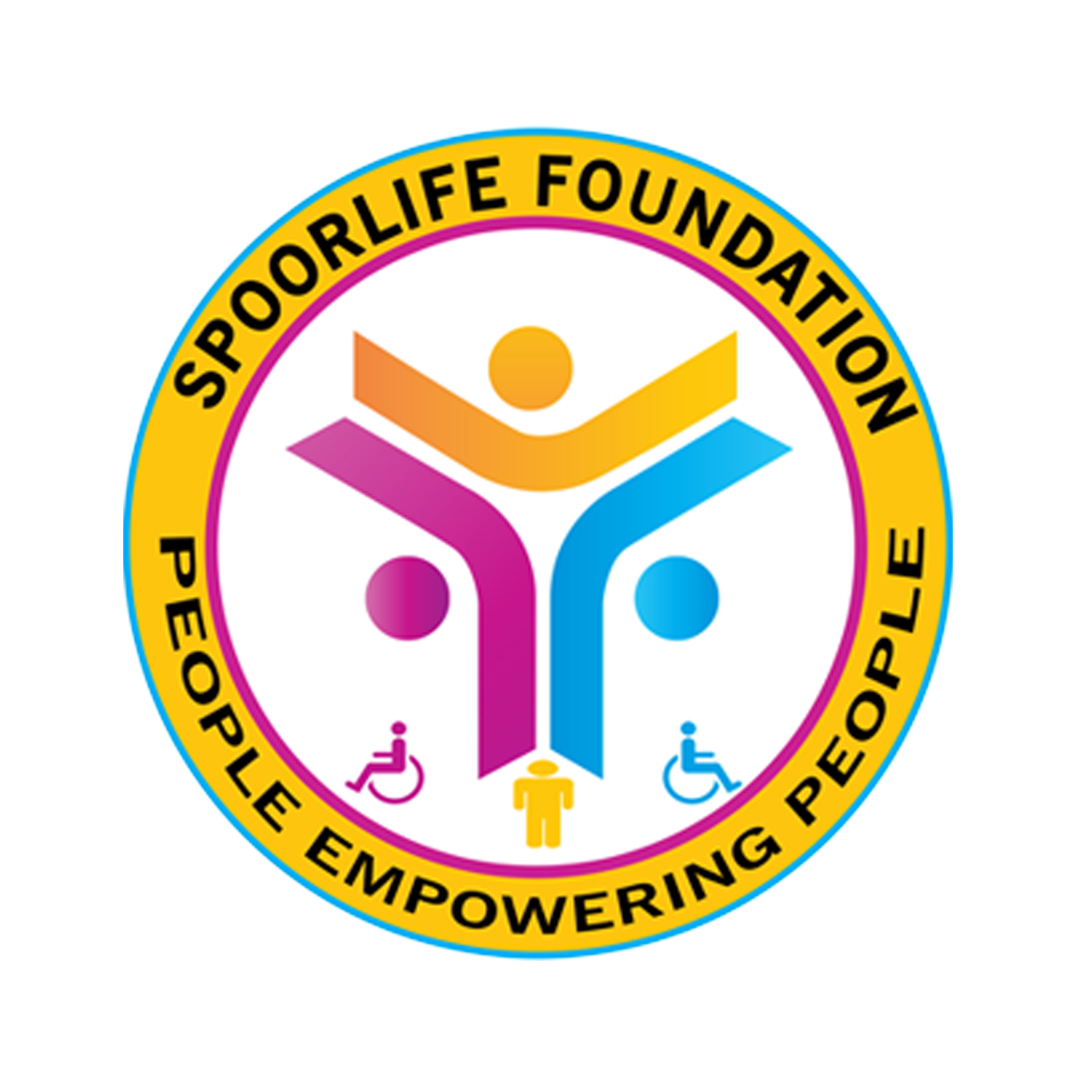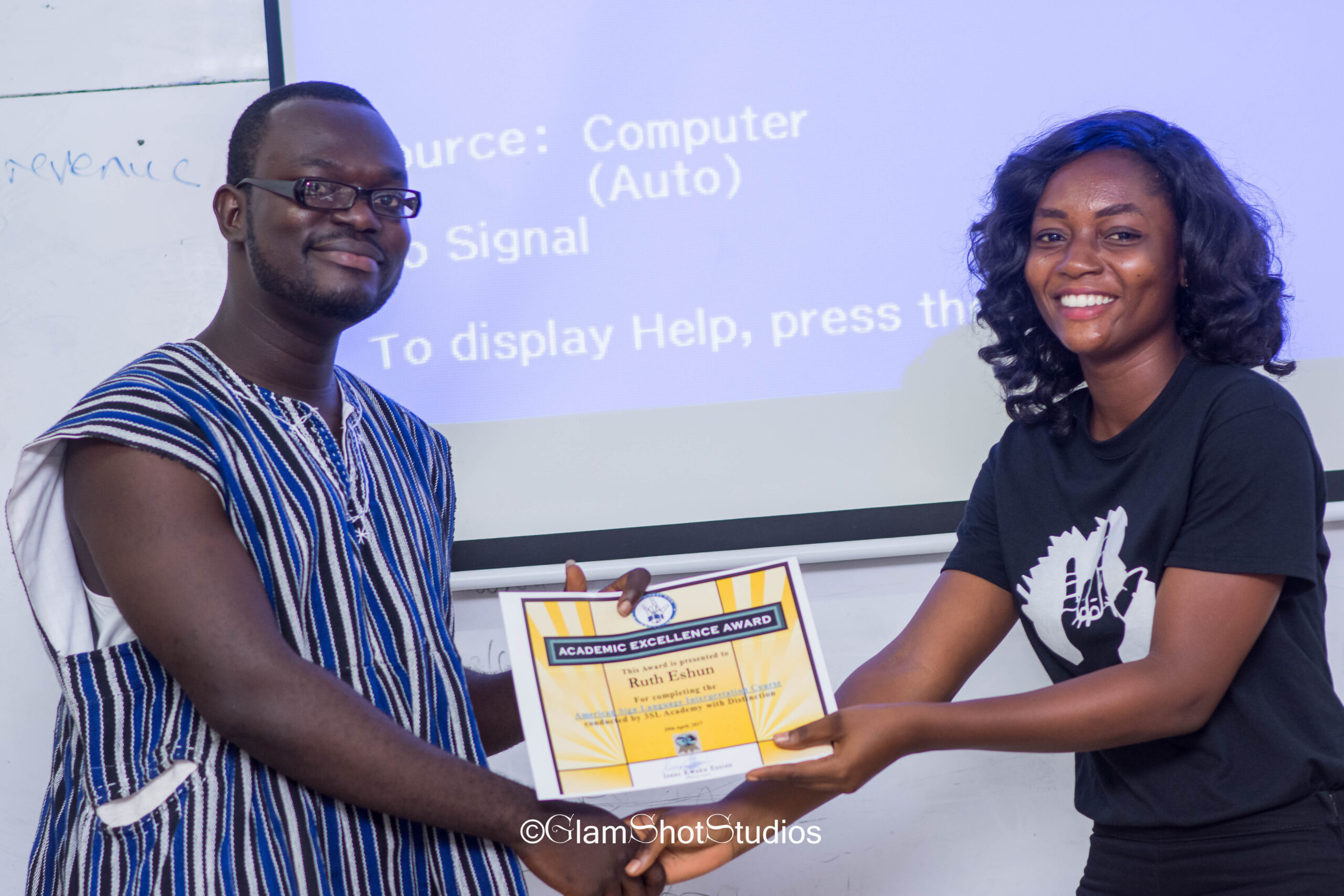Empowering Voices Through Hands: Celebrating the First ASL Graduates in Ghana 🇬🇭
On April 29th, 2017, history was made at the School of Performing Arts, University of Ghana, as the SpoorLife Foundation, in collaboration with 3SL Academy, celebrated the graduation of the first cohort of American Sign Language (ASL) students. The event was more than just a ceremony — it was a landmark moment in Ghana’s movement toward inclusion, accessibility, and empowerment for the Deaf and hard-of-hearing community.
Why Learning Sign Language Matters
Sign language is not just a set of gestures — it’s a language of connection, identity, and equality. For millions of Deaf individuals around the world, sign language is their primary means of communication. Yet, so many people around them remain unable to understand or interact with them effectively.
By learning and using sign language, we bridge a long-standing communication gap that isolates Deaf individuals socially, educationally, and professionally. We send a message: “You belong here.”
Building a Disability-Inclusive Society
Our world is diverse, and so should be our spaces — homes, schools, churches, workplaces, hospitals, and government institutions. Yet, accessibility for persons with disabilities, including those who are Deaf, is often overlooked.
Creating a disability-friendly environment isn’t a luxury or favour — it’s a human right. Here’s why it matters:
- Equal Access to Services: Whether it’s a hospital visit, a job interview, or a customer inquiry, individuals who are Deaf deserve to access the same services as everyone else — and in a language they understand.
- Economic Empowerment: Inclusion in the workplace not only benefits individuals with disabilities but also unlocks talent, drives innovation, and boosts productivity. A company that embraces diversity thrives.
- Education for All: Inclusive classrooms foster understanding and empathy. Training more teachers and students in sign language ensures no child is left behind.
- Breaking Stereotypes: Learning sign language helps to challenge negative assumptions about people with disabilities. It fosters respect and affirms dignity.
Why Organisations Should Embrace Sign Language
Corporations, government agencies, and institutions have a social responsibility to be inclusive. Here’s how they can lead:
- Train staff in basic sign language.
- Hire Deaf individuals and ensure inclusive communication tools are in place.
- Create visual signage and information in both text and sign formats.
- Consult with disability advocacy groups to enhance service delivery.
By doing these, organisations don’t just serve more people — they set themselves apart as leaders in diversity and inclusion.


🎉 A Salute to Our Graduates
To the incredible graduates of this pioneering ASL program: You are the change-makers. With every sign, you open doors, challenge norms, and create possibilities. You are proof that empowerment begins with action — and that our hands can indeed speak.
As we mark this achievement, we echo the words behind the hashtag:
#HearMyHandsSpeakGhana
Let this be a rallying call to all individuals, institutions, and the nation to invest in inclusive communication, break barriers, and make Ghana a place where every voice, spoken or signed, is heard.


Leave a Reply